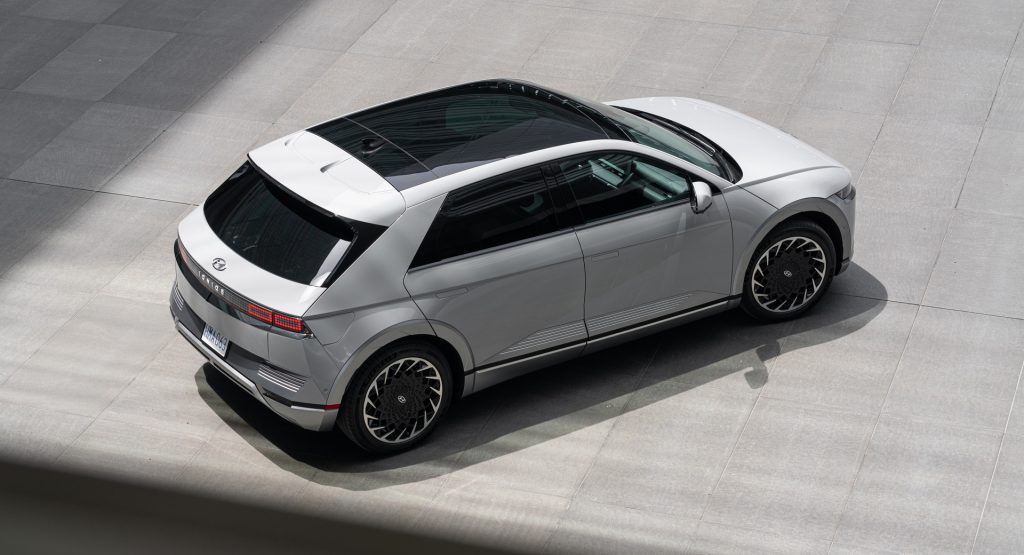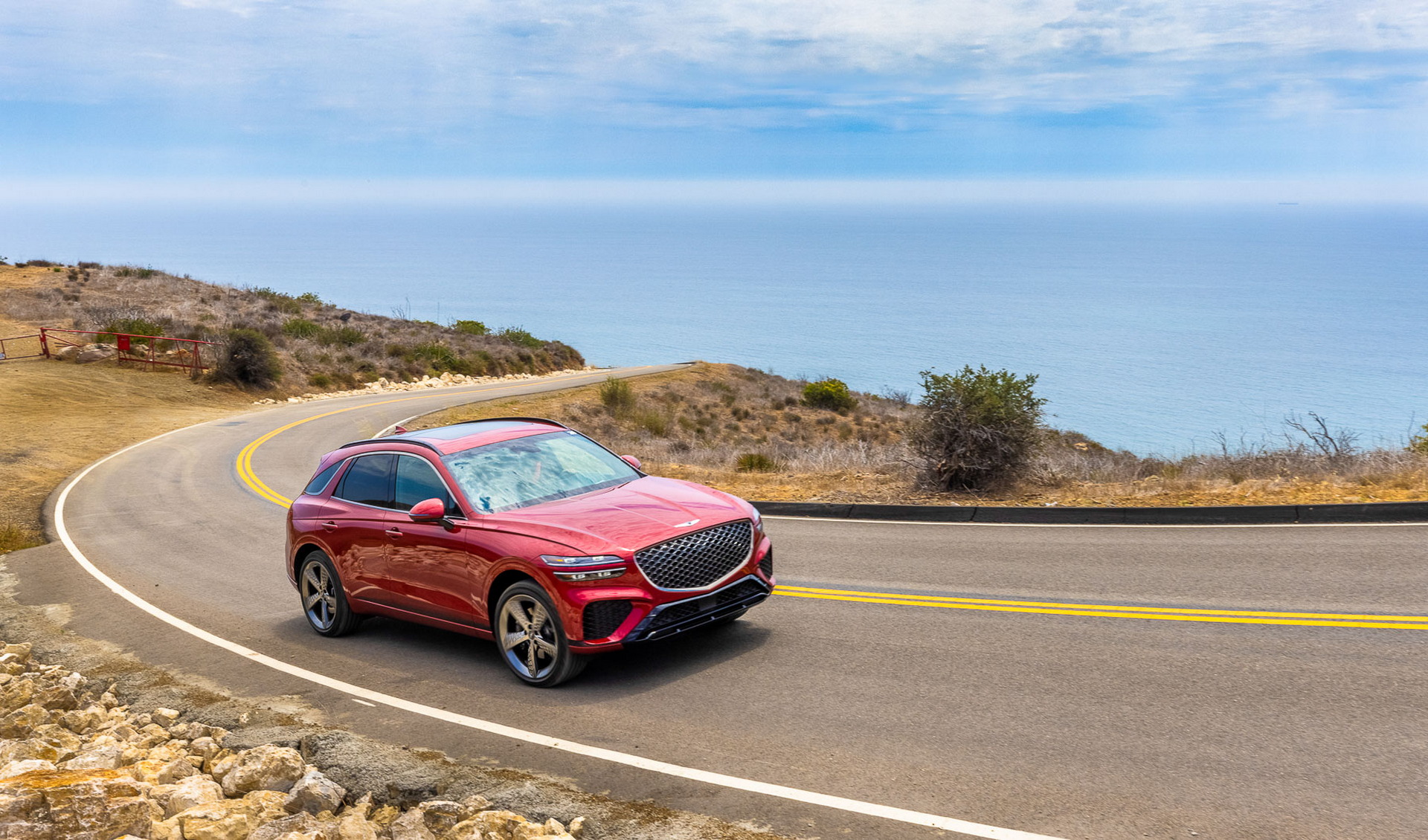Hyundai and Kia have reached a combined backlog of 1 million vehicle orders due to a combination of factors, including semiconductor shortages, the Russian invasion of Ukraine that has caused new supply problems such as wire harnesses, and plant shutdowns in China over another COVID-19 outbreak.
At the beginning of 2021, Kia and Hyundai had a backorder of just 100,000 vehicles, but that number exceeded 500,000 in March of 2022, reports The Korea Times citing industry officials. The delay is a major barrier to the brand’s goals of selling 7.47 million cars this year. The backorder represents 15 percent of both Kia and Hyundai’s 2021 sales, which topped 6.66 million cars.
Kia’s Korean production only reached 82 percent capacity in March, which accounted for a deficit of 26,000 vehicles. 19,000 of those vehicles were due to semiconductors, while the remaining 7,000 were due to a shortage of wiring harnesses. Factories in the U.S., Mexico, Slovakia, and India also saw production setbacks of 14,000 vehicles.
Read More: GM, Tesla, And Industry Suppliers Affected By Latest COVID Lockdown In Shanghai
“The average number of contracts per day is increasing, but backorders are also increasing due to a lack of production,” Kia explained in a conference call.
Buyers of the Kia Carnival are looking at eight to 11 months before they receive their vehicle, while Kia Sorento and Sportage Hybrid buyers will be waiting 18 months. The Niro Hybrid is delayed by 11 months, the K8 by six to 13 months, the K5 five to 11 months, and Bongo four to 10 months.
Genesis models are also affected, with GV60 and GV70 buyers expecting to wait more than 12 months for their vehicle to arrive. Ioniq 5 and Porter EV buyers are in the same boat with 12 months to wait before arrival.
“Recently, the production of vehicles has been delayed due to the lack of supply of semiconductors and parts, so the number of backorders has increased,” said an official spokesman.
The global semiconductor shortage is expected to last the entire year. Market research firm AutoForecast Solutions says that global car production is already delayed by 1.34 million vehicles due to the shortage.





